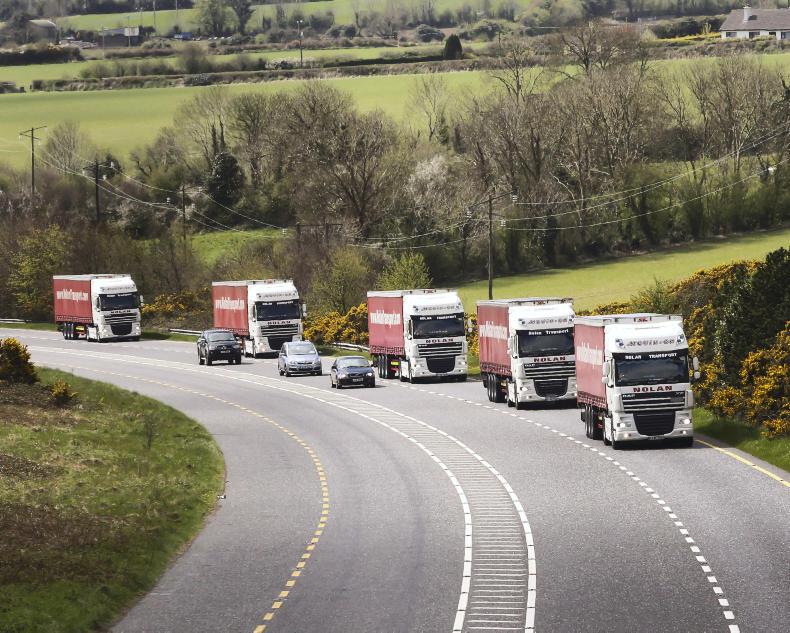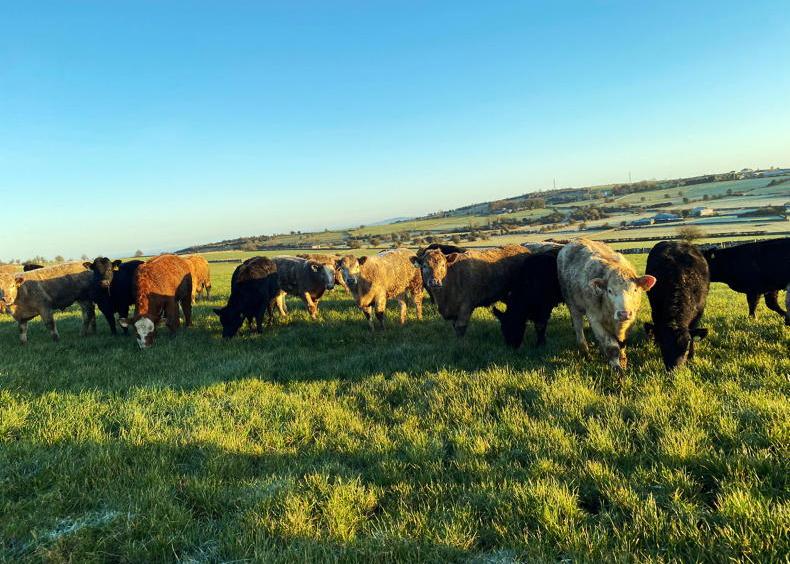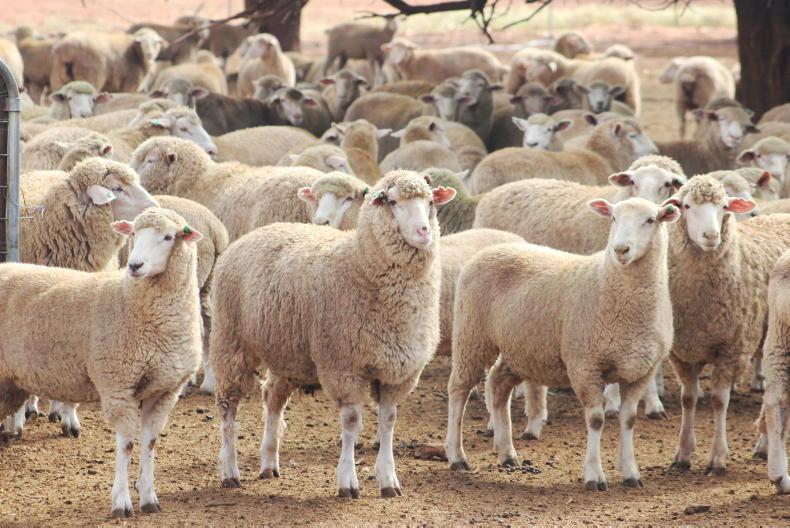Increased lead times, especially for short shelf life products, in conjunction with a complex and intense supply chain has been highlighted as the key problem for Irish food and drink companies post-Brexit. In its latest report, Bord Bia has outlined what different logistics service providers are doing in preparation for Brexit.
Research suggests that companies are hiring more people with customs experience, reviewing shipping lines to avoid the UK landbridge, expanding the use of unaccompanied trailers on shipping legs, increasing the number of warehouses at ports and introducing double deck trailers to increase capacity in efforts to maintain smooth and efficient transport.
However, it has been highlighted that the Dublin port does not have sufficient capacity to accommodate significant increases in queued or parked vehicles that may result if processing times increase.
Quicker processing
The report states that within the meat industry work is under way to improve cleanliness and hygienic processing in order to extend the life of the products faced with transport delays. However, Irish food companies say that in order to compete with other companies for retail tenders, the costs of transporting produce cannot rise.
Improved purchasing and contingency planning have been outlined in the report as methods of cost reduction for food companies.
The Food and Drink Supply Chain Logistics, Strategies for Success report can be found here.
Read more
Will EU allow UK agriculture access to single market?
Increased lead times, especially for short shelf life products, in conjunction with a complex and intense supply chain has been highlighted as the key problem for Irish food and drink companies post-Brexit. In its latest report, Bord Bia has outlined what different logistics service providers are doing in preparation for Brexit.
Research suggests that companies are hiring more people with customs experience, reviewing shipping lines to avoid the UK landbridge, expanding the use of unaccompanied trailers on shipping legs, increasing the number of warehouses at ports and introducing double deck trailers to increase capacity in efforts to maintain smooth and efficient transport.
However, it has been highlighted that the Dublin port does not have sufficient capacity to accommodate significant increases in queued or parked vehicles that may result if processing times increase.
Quicker processing
The report states that within the meat industry work is under way to improve cleanliness and hygienic processing in order to extend the life of the products faced with transport delays. However, Irish food companies say that in order to compete with other companies for retail tenders, the costs of transporting produce cannot rise.
Improved purchasing and contingency planning have been outlined in the report as methods of cost reduction for food companies.
The Food and Drink Supply Chain Logistics, Strategies for Success report can be found here.
Read more
Will EU allow UK agriculture access to single market?









SHARING OPTIONS